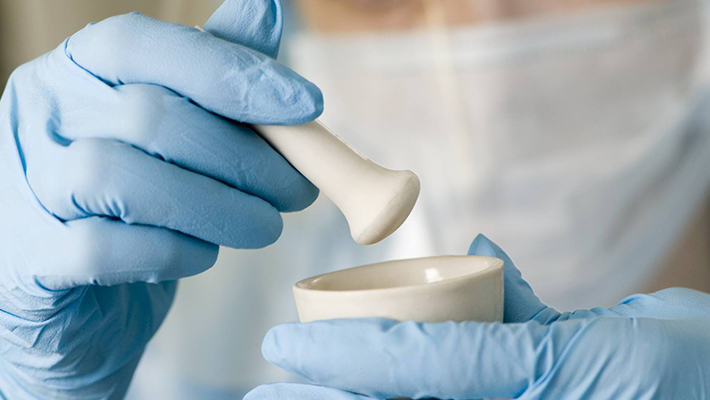Anvisa is increasing surveillance in compounding pharmacies, with operations coordinated in partnership with state and municipal authorities.
September 27, 2023
During these actions, more than a million vials of injectable products have been confiscated.
The Brazilian Health Regulatory Agency (Anvisa) is intensifying its inspection operations in compounding pharmacies across the country. These inspection actions are supported by the Health Regulatory Departments of various states and cities, collaborating in a coordinated manner to ensure compliance with current regulations.
To date, these operations have resulted in the seizure of more than 1 million vials of injectable products that were being marketed irregularly. These products include weight loss products, steroid hormones, body size reducers, and aesthetic fillers, which were not in compliance with applicable health regulations.
A particularly severe case was identified in a compounding pharmacy located in São Caetano do Sul, in the state of São Paulo. In this pharmacy, a stock of approximately 1 million vials and ampoules was found to be ready for use, containing various drug combinations. This situation represents a significant deviation from the licensed activity for the establishment, as it was producing products on a large scale without due authorization from Anvisa, which is considered a crime. It is worth noting that the manufacture of health products and medicines without requesting authorization and health registration is a serious offense.
Furthermore, Anvisa carried out inspections in compounding pharmacies located in the states of Santa Catarina and Bahia. In these actions, seven of the ten operated pharmacies were closed due to irregularities that compromised the quality and safety of the products handled.
These inspection operations demonstrate Anvisa’s commitment to ensuring that compounding pharmacies are in full compliance with public health regulations, involving the protection of consumers’ health and the integrity of the pharmaceutical and health products market.
The Importance of Good Pharmaceutical Handling Practices

During recent inspection operations, it was identified that several pharmaceutical compounding companies were in breach of legislation in several crucial aspects. Issues related to sterility, quality control, and the origins of inputs were often disregarded. This conduct represents a serious risk to the health of consumers since products handled in such conditions do not meet the necessary quality standards and, therefore, become unsuitable for consumption.
According to current legislation, compounding pharmacies are required to fulfill individualized prescriptions, taking into consideration the specificities of each patient. However, during enforcement actions, it was observed that some of these companies operated similarly to pharmaceutical industries, but without adopting all of the rigorous quality and safety standards required in a manufacturing facility. Furthermore, some of these pharmacies marketed their products as if they were pharmaceutical product distributors, selling medicines and health products without proper registration, which is an irregular and risky practice.
It is important to highlight that inspection and surveillance operations in compounding pharmacies are not isolated events. The Brazilian Health Regulatory Agency (Anvisa) constantly monitors these establishments, as well as the process of importing inputs and commercial transactions carried out electronically involving pharmaceutical and health products.
For those who wish to make complaints or report irregularities, it is essential to contact the Health Surveillance Department of the corresponding city or directly with Anvisa. You can access the Anvisa Ombudsman through this link: [Anvisa Ombusdman].
Guaranteeing the quality and safety of compounded products is a constant concern for Anvisa, and inspection actions aim to ensure that compounding pharmacies comply with all permitted regulations to protect the health of consumers.


